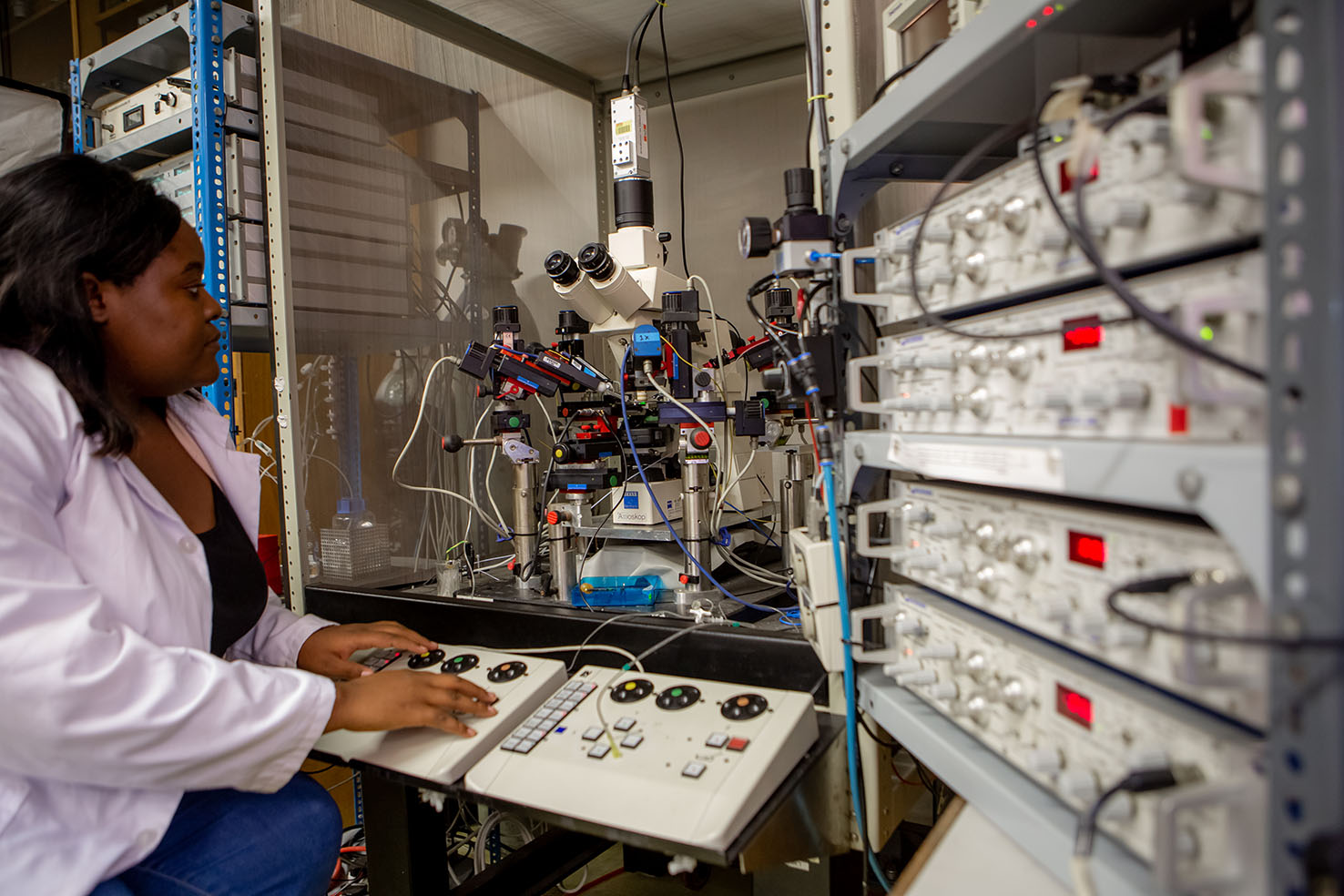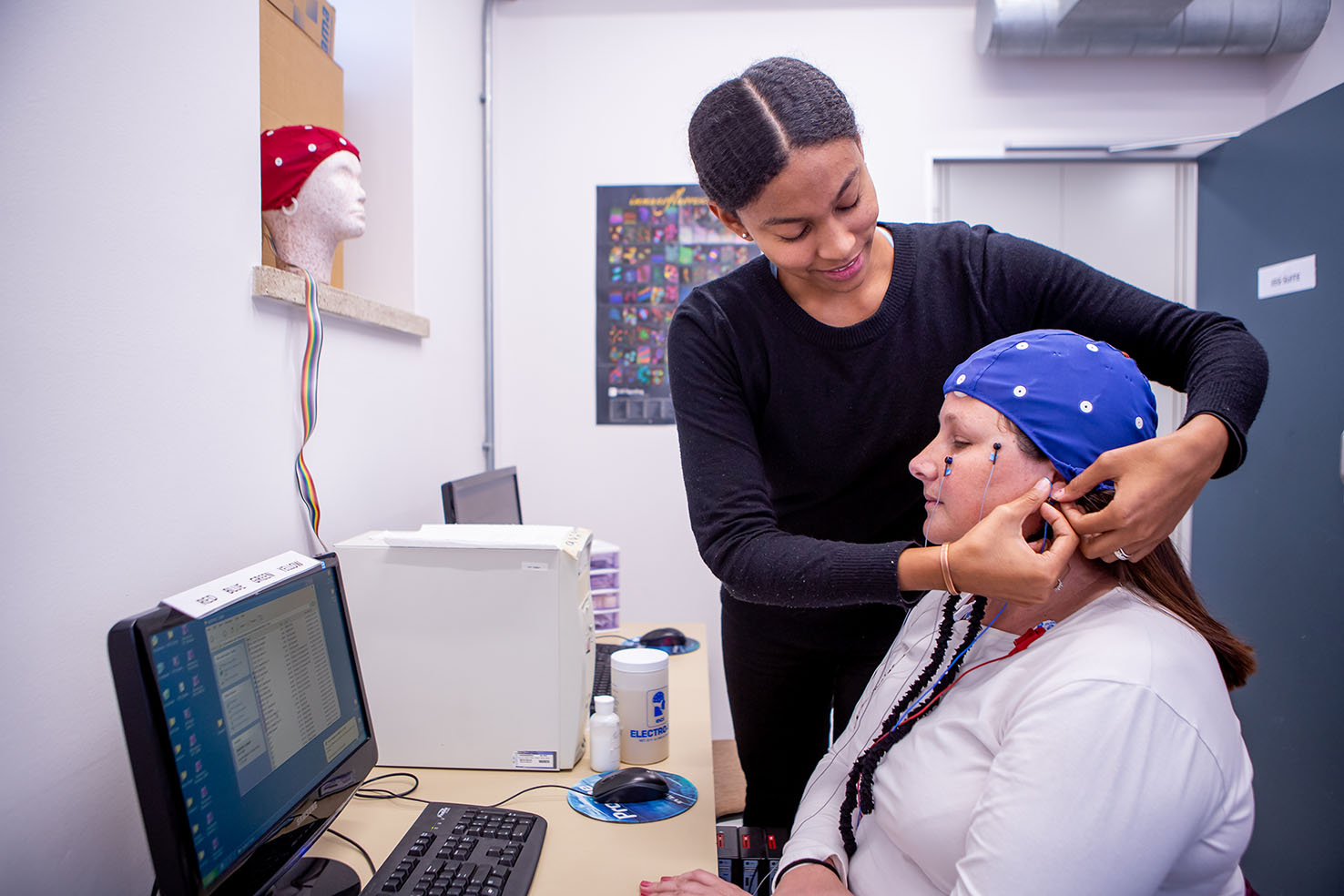The research track is for those with a scientific or clinical background wishing to pursue biomedical research in neuroscience within the institute. Under this track we offer PhD and MSc programmes, as well as an Honours programme. We also have a brand new, 1 year, taught Masters of Neuroscience course, which is UCT's most interdiscplinary offerring to date (with teaching from across 3 faculties and 7 departments).



